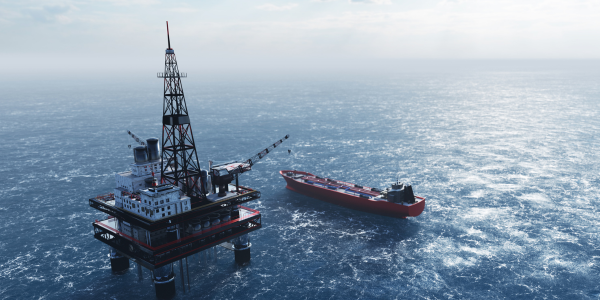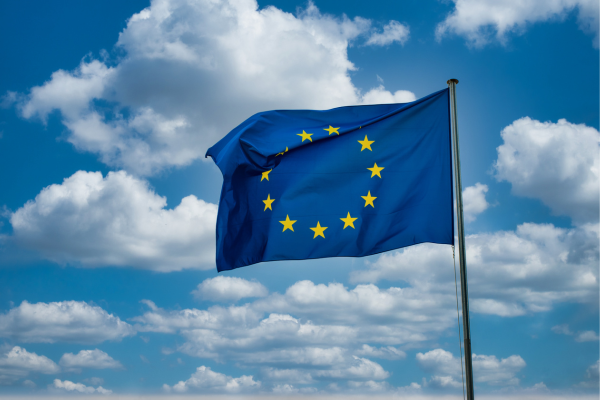BY:
SHARE:

The UK Continental Shelf is a vital economic and strategic region for the United Kingdom. From a customs perspective, managing trade, resource extraction, and ensuring compliance with regulations in this vast maritime area presents unique challenges. Traders must follow the guidance provided when moving goods to and from the UK Continental Shelf.
What is the UK Continental Shelf?
The United Kingdom Continental Shelf (UKCS) is a region of immense significance for the UK's economy and sovereignty. It stretches across vast expanses of the North Sea, encompassing numerous oil and gas fields, and diverse marine resources. From a customs standpoint, the UKCS presents unique challenges and opportunities related to trade, customs regulations, and defining maritime boundaries.
Understanding the UK Continental Shelf
The UK Continental Shelf is the submerged extension of the UK landmass, comprising the seabed and subsoil beyond the territorial sea. It extends up to the outer limits of the UK's exclusive economic zone (EEZ), where the country has exclusive rights over the exploration and exploitation of marine resources. The boundaries of the UKCS are defined by international law, particularly the United Nations Convention on the Law of the Sea (UNCLOS).
Moving goods between the UK and the UK Continental Shelf
You must declare goods moved between the UK and the UK Continental Shelf. Certain goods can be moved using a declaration by conduct. Declarations by conduct allow low-risk goods to be declared without an electronic customs declaration.
The declaration is made by conduct, such as someone walking or driving with the goods through the port. In this case, goods moving between the UK and the UK continental shelf could be declared by the conduct of either:
- unloading goods from a vessel
- carrying the goods through a port
Goods that qualify for imports
The goods must:
- be travelling to Great Britain from the Continental Shelf
- not be prohibited or restricted (require licences), or excise goods
- have previously been in UK free circulation and able to meet the criteria for Returned Goods Relief
The goods will also qualify if they were previously declared to the Authorised Use procedure and have been adequately discharged.
Goods that qualify for exports
The goods must:
- be travelling from Great Britain to the Continental Shelf
- not be prohibited or restricted (require licences), or excise goods
- be in UK free circulation or entered into the Authorised Use procedure before movement to the continental shelf
You cannot make a declaration by conduct if you have received a letter from HMRC disallowing you from using the conduct declarations.
What declarants must do
As a declarant, you must be able to:
- Provide the required evidence to support the claim for Returned Goods Relief.
- Provide evidence of discharging using the Authorised Use procedure, including submitting Bills of Discharge to the supervising office.
- Provide authorisation or permission to a third party if they are making the declaration on your behalf.
- Keep adequate records to identify goods and demonstrate eligibility for a declaration by conduct and Returned Goods Relief, or Authorised Use.
The UK Continental Shelf is a vital economic and strategic region for the United Kingdom. From a customs perspective, managing trade, resource extraction, and ensuring compliance with regulations in this vast maritime area presents unique challenges. Traders must follow the guidance provided when moving goods to and from the UK Continental Shelf.
Additional guidance is available on the official government site here
OneCall™ Email assistance as and when required; A one-call solution for all your import, export and customs enquiries. Export help. Import help. Customs help.
Stay informed about customs and international trade matters by subscribing to our OneCall™ service. This comprehensive offering includes a dedicated email helpline for support, timely practical updates direct to your inbox (Did You Know?), monthly UK Customs & Trade Briefings and access to an interactive members' area with an exclusive community for our subscribers.
International Trade Updates & Spotlight Newsletter
Subscribe to our free information emails covering international trade topics...









